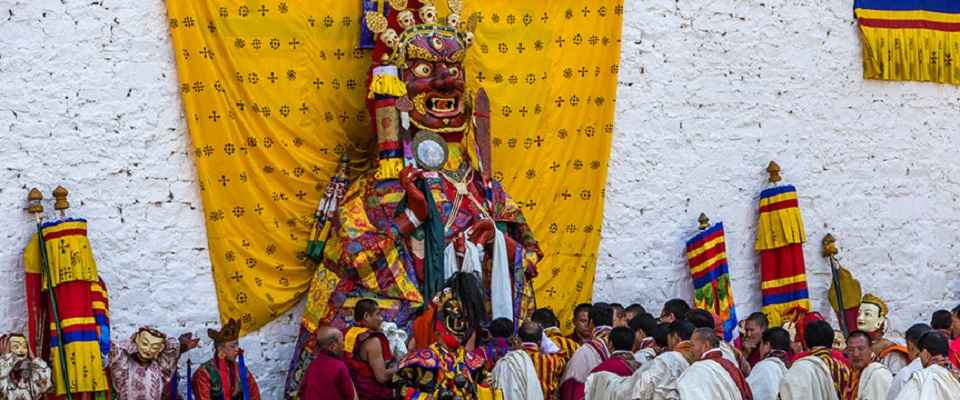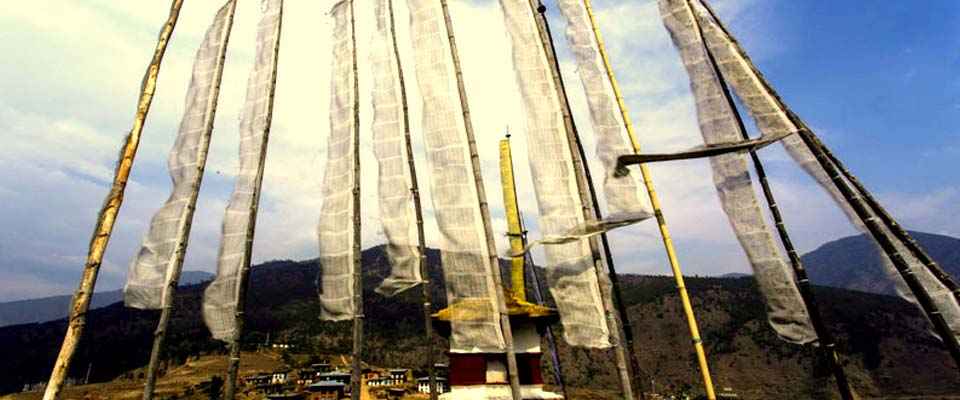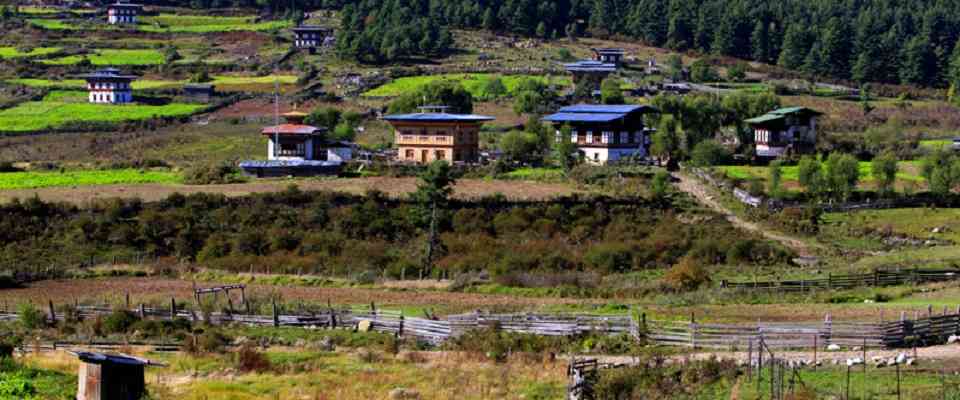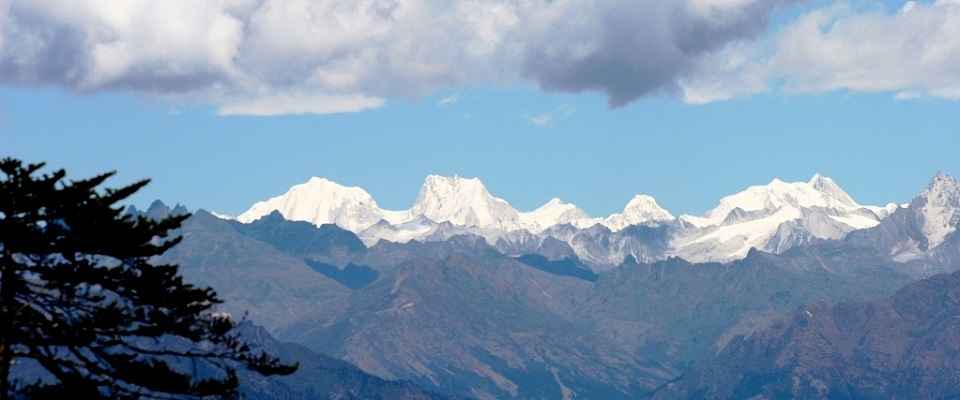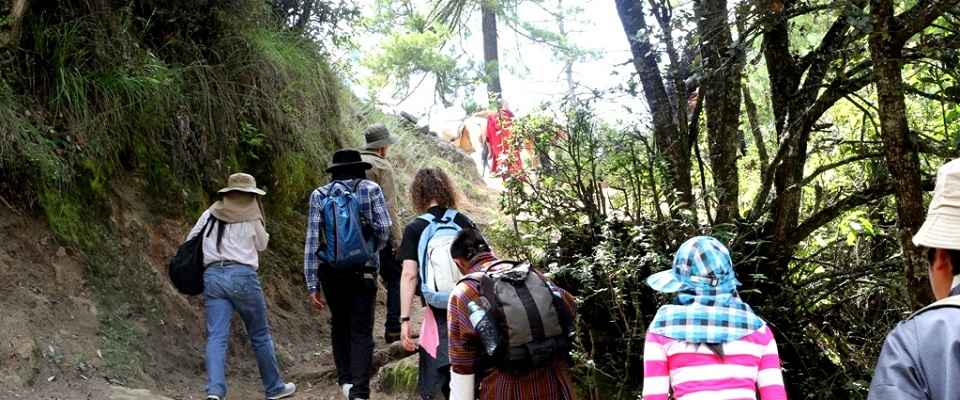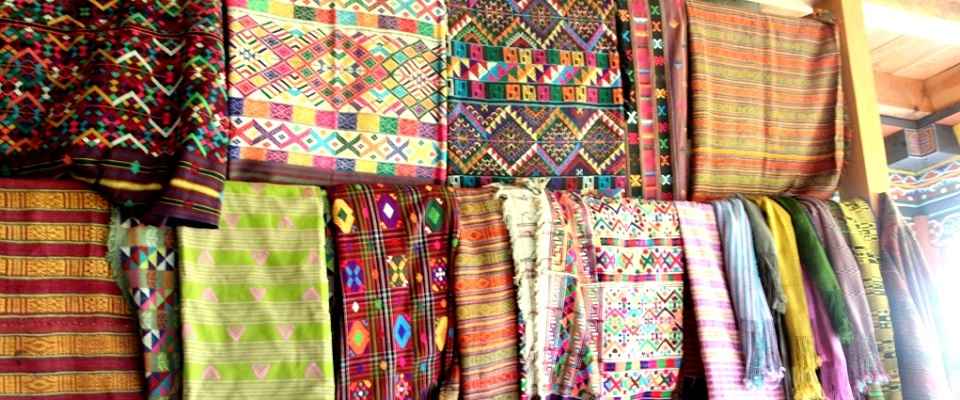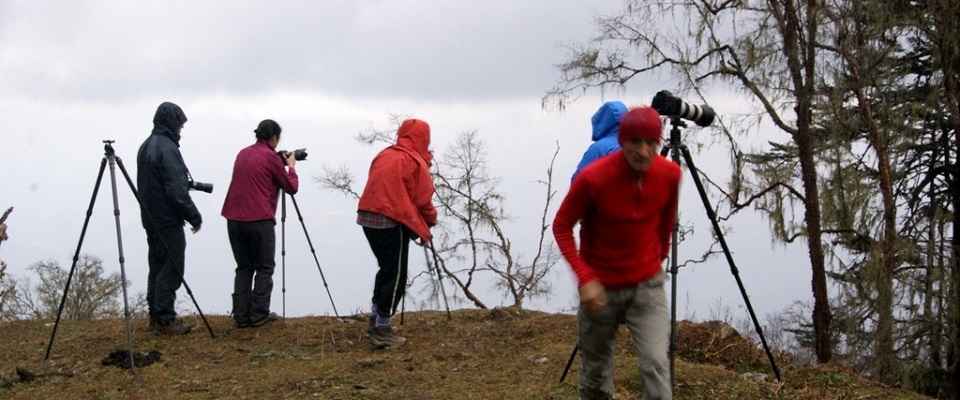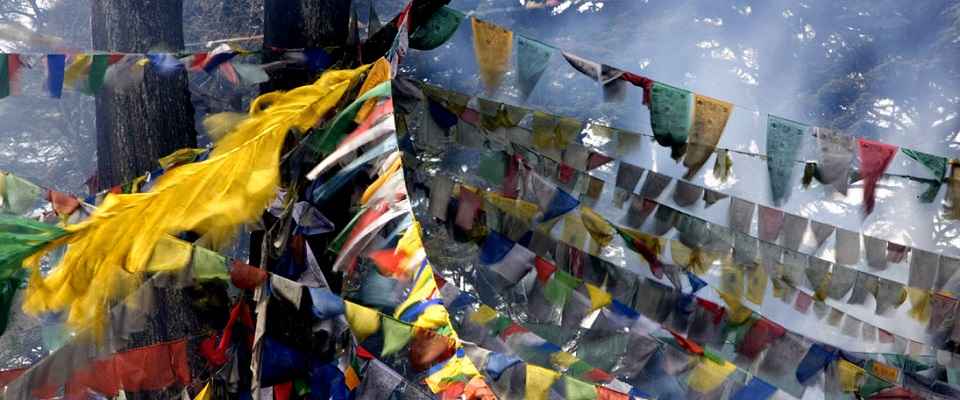During the visit in 1921, the reverend Dr. John Anderson Graham (1861-1942) came across many Bhutanese with goiter. He found the sight hurtful and made him to write a letter to Gongsar Ugyen Wangchuck (1862-1926), the first hereditary king of Bhutan.
He expressed his strong concern, and wrote “The health of your subjects is of vital importance to your country. One thing, which is very hurtful to many and is disfiguring too and leads to other troubles is the prevalence of goiter.” The 2,069-word handwritten letter in English was dispatched in 1925; it is [ii] archived in the British Library in London.
Dr. Graham, the founder of Dr. Graham’s Homes in Kalimpong, also shared information with the king through one of his letters, that read “Within the last few years, the Doctors have made wonderful discoveries for the treatment of Goiter by the use of a drug called iodine, which is made from sea-weed,”.
In the letter, Dr Graham shares success stories of how children in America and Switzerland were treated with iodine mixed with salt or sweetmeat.
Dr Graham believed that while it may not be possible to do much for the old cases, much could be done to save the children from this plight.
“There are so many other troubles (such as hook worms and other worms, syphilis, etc., which are very prevalent) for which they could do much,” Graham wrote in the letter. He suggests that one or two of the boys could be trained as Doctors and conduct a campaign against goiter, and do a great work for the Bhutanese.
Education
By 1921, the first batch of Bhutanese students was already studying in Kalimpong, India. Graham updates the first king about the Bhutanese boys in his school; “It is a wonderful testimony to the intellectual ability of the Bhutanese lads,” he proudly reports and in the letter also pays tribute to Gongzim Ugyen Dorji who helped in the education of these boys and fulfilling the wish of his master.
In 1925, the 46 boys from the S.U.M.I School had passed the Matriculation Examination of the Calcutta University and Graham congratulates the king for their success.
Daddy Graham, as he was called, recollects a conversation that took place in a tent in the Bumthang valley with the king. He wrote that he felt the tie between him and the king was one of close friendship and affection.
In addition to the health situation and the status of the education, the Doctor also penned personal observations and views on various subjects ranging from closure of alcohol shops in the frontier towns to world affairs.
Alcohol
Until 1921, one of the major revenues of the state exchequer was from the levy imposed from the sale of alcohol. Many drink shops were set up in the border towns catering to the Indian masses. However, it turned out to also be a major source of problems. British records show frequent reports of brawls and thriving dacoits. Eventually, at the behest of the British Government, the Bhutanese shut down these ‘grog shops’.
Graham visited Bhutan, shortly after these shops had been closed down and writes about the difference it made;
“The frontier towns like Sipsso were infested with, ‘budmashes’ and people lived in fear of them but now due to the closure of these shops, there were no quarrels or brawls.” Graham elaborates, “One man said that it was only when the they went to Matelli in the Jalpaiguri District or to Rhenock in Sikkim (where there are grog shops) that they got insulted! So no one can say evil things of Bhutan now!!”
He wished that the country of his residence could learn a lesson from this wisdom and similarly ban alcohol shops all over India. By doing so, he said, it would make the population much happier and more prosperous.
Environment
Dr Graham was already aware of the details of the proposal to develop the forests of Bhutan. “I think that this proposal is one of the very best for developing your country.”
He acknowledges that Armstrong, the firm identified to do the job, to be a great firm, but at the same time he cautions the king to tread carefully. Dr Graham said that it was important to impose conditions on them so that they could not, interfere with any of the old laws and customs.
“The objective of Armstrong was not so much to get (control of) the present forests, which they would plant scientifically after cutting down the present forests; and any arrangement with the company would naturally be on the understanding that they replanted every area, they felled.”
The Doctor writes that by doing so, it preserves the mountains from denudation and ensures a continuous income from the forests.
Graham states that the forests of the world have been cut down too hard and that a lack of paper pulp, which is made chiefly from trees, is to be expected. In countries like Norway and Newfoundland, from which much of the paper pulp has hitherto been produced, it will take 100 years to grow a tree, whereas in some parts of Bhutan, it would take less than half this time. The Doctor mentions sustainable economic development of the renewable natural resource.
Commerce
Dr Graham was concerned about the meaningful employment of the educated boys, and suggests several further training courses that could help the development of the country.
One idea was dairy farming. Graham believed that the Bhutanese dairy products would sell well, particularly given the increasing rise of the price of butter in India. “I always have the idea that you could from Bhutan do a very profitable business in butter and Cheese.”
He identifies the Tea Planters in the Dooars as customers and writes that they would gladly pay Rs.3/- a seer for the first class butter and a still higher price for the best class of cheese.
In addition to veterinarians, he encourages the king to train one or two boys to become tea planters and train them on-the-job by starting a tea garden in the country. His advice to the king, to get a good Planter from one of the Calcutta firms who could also manage the business part in the beginning and after getting a thorough training from the experts, the Bhutanese could manage it themselves.
To encourage the king in this trade, he writes about how Tea has been most profitable during the past three years. He throws in numbers and states that several companies are paying 60,70,80,90,100 or even higher percentage. Details of the rates are not mentioned.

